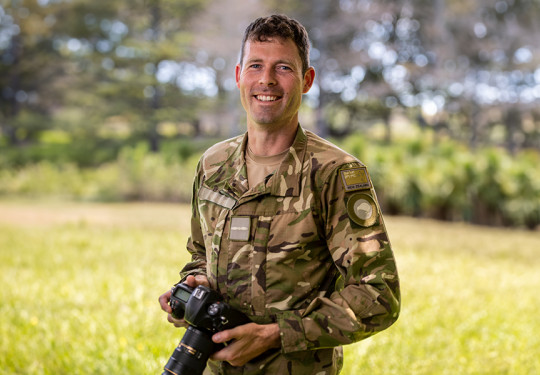From superyacht chef to military photographer
Andrew Jenkins is the New Zealand Defence Force’s newest Air Force photographer.
12 February, 2024
Leading Aircraftman Jenkins is a former Army combat engineer who switched careers to cook for rich-listers aboard their yachts in the Mediterranean, where the seed was planted for him to return to uniform as a military photographer.
His photography hobby developed in places like the Amalfi coast and Corsica, and it’s been a love affair ever since.
The idea of becoming an Air Force photographer has always been in the back of his mind. As a combat engineer he often saw them on exercises and thought it was a pretty awesome job.
After four years he left the Army and started crewing on luxury yachts, first as a deckhand and working his way up. He says it sounds glamorous but it is a very competitive industry for first-timers and you have to work hard.
“You can go to the ports and walk from ship to ship, handing out your CV. But I managed to get a job through the online yachting pages. I started as a deckhand, doing a little bit of cooking, and eventually I was cooking full-time.” His mother is a chef and he had spent a year working in kitchens prior to joining the Army.
He worked on boats on and off for three years in Europe, during the summer seasons. “All the boats I worked on were about 90 to 100 feet, which is quite small in the realm of superyachts. You don’t go out in the ocean, you tend to cruise around where they are based, like the French Rivera or the Italian coast. There’s only a crew of about four.”
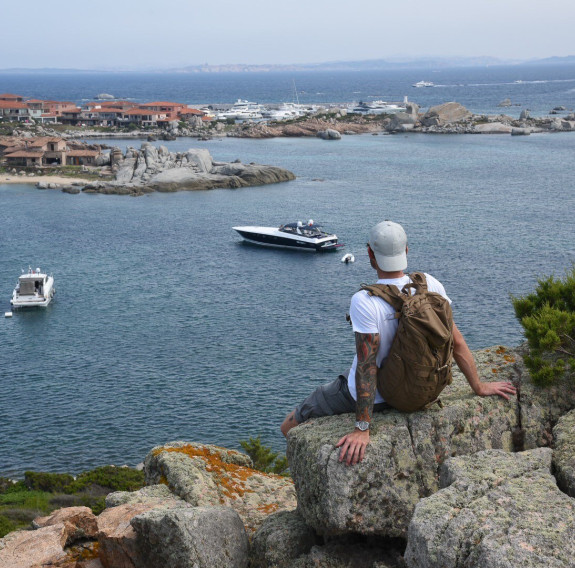
LAC Jenkins worked as a chef in the Mediterranean.
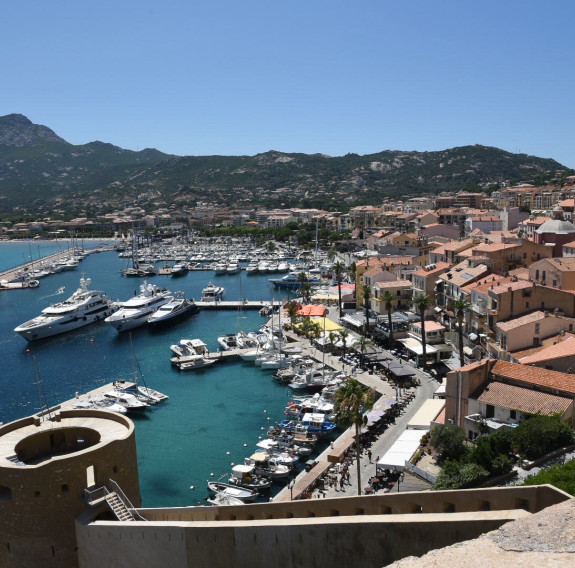
LAC Jenkins worked as a chef in the Mediterranean.
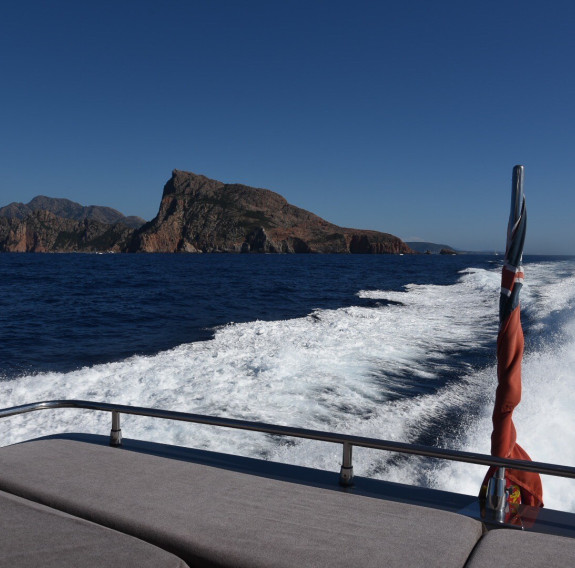
LAC Jenkins worked as a chef in the Mediterranean.
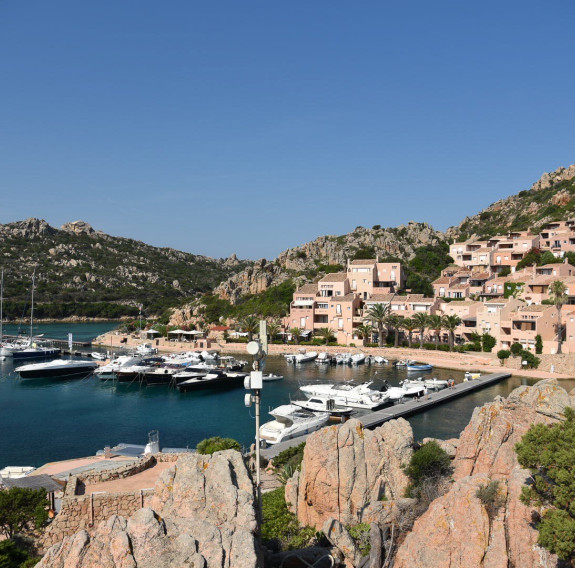
LAC Jenkins worked as a chef in the Mediterranean.
It is tough work, he says. “It’s pretty demanding for all the crew on board, 10-15 hour days being fairly standard. And as the sole chef on board, if you’re not working, people don’t eat. There’s no room for an assistant. Days off are few and far between while the guests are on board but everyone helps each other out to get through the season.”
The style of food and service varies from boat to boat but can be anything from a family style BBQ to multi course fine dining depending on what the guests fancy on the day.
The plus side is the location. “You are in beautiful places, right there in Europe. You see a lot of stuff people don’t get to see. There’s a lot of travel, with fantastic trips around the coastlines. You go to these exotic places and you find all these amazing ingredients to work with which can be quite hard to source here at home. You get a lot of creative freedom with the menu. But that comes with its challenges. You could have a menu and provisions list planned out, and you go ashore to find this tiny little equivalent to a corner dairy with minimal supplies meaning you may have to rewrite the menu on the fly.”
The pay is good, and you don’t have any outgoings so the opportunity is there to save a good chunk of cash on the boats. But you definitely work hard for your money, he says.
On one yacht the captain had been a professional photographer. “He said, why don’t get a proper camera? We picked one out. I took some bad photos, then started taking better ones.”
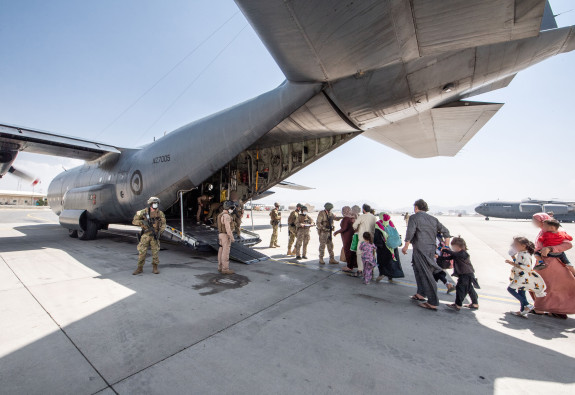
EXAMPLE OF NZDF PHOTOGRAPHER’S WORK: Photographed by an NZDF photographer, New Zealand and Australian nationals are evacuated from Hamid Karzai International Airport in Kabul, Afghanistan.
When he returned to New Zealand he decided – with an Air Force photographer role in mind – to “make a thing of this”. He studied photography at UCOL in Palmerston North for two years, obtaining his Level 6 Diploma in Photography. He applied for a photographer’s position and re-enlisted, this time in the Air Force. He’s been working for Defence Public Affairs since November.
Military photographers in the New Zealand Defence Force go on operational deployments to places like Afghanistan and Antarctica, documenting Defence Force activity. They travel in military aircraft and ships and closer to home will capture military ceremonies and major events, as well as undertaking studio photography tasks.
“I’m really enjoying it,” he says. “It’s quite unique to be a photographer on a salary. I get a wide variety of tasks and every week is different, and that’s what makes the job so attractive. You get to go away and take photographs of cool stuff. That was my plan from the beginning, back when I was in the Army and saw the photographers doing their thing. I’ve worked towards this and it’s fantastic how it’s all worked out.”
